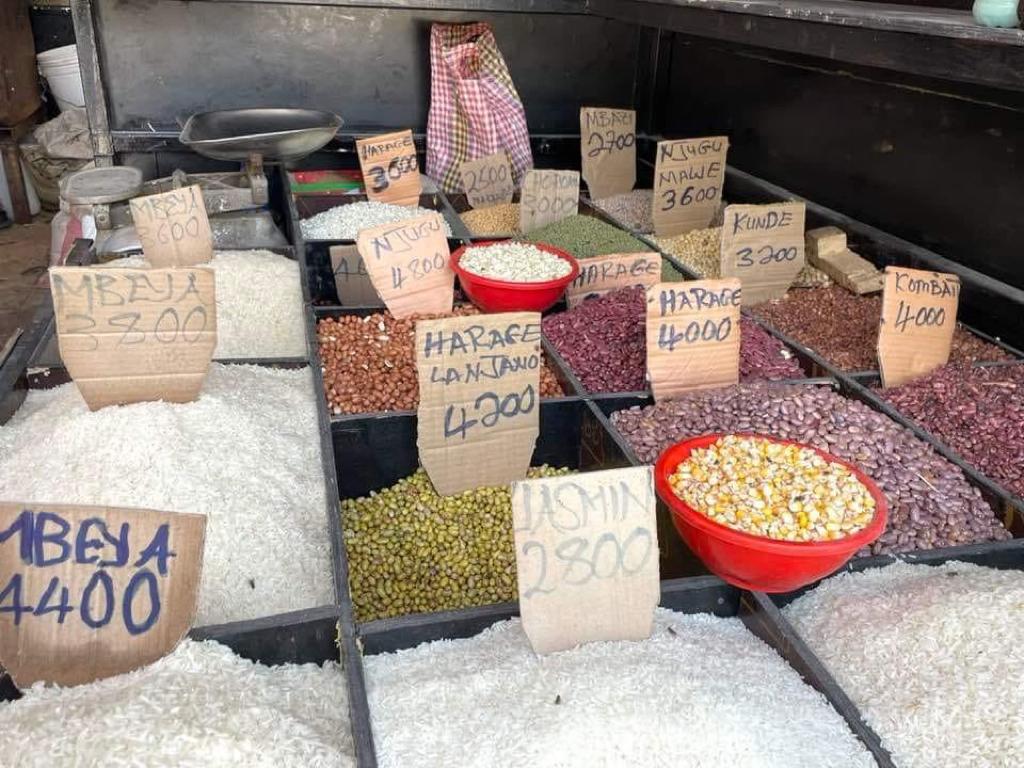
This is why Run-away purchase prices should worry every Tanzania.
Run-Away Purchase Prices
Tanzania has been reported to have an increase in inflation rate at 4.4% in 2022 and predictions are that it shall remain within the 4.5% to 5% in 2023 due to the higher energy prices caused by the Russia-Ukraine conflict that is expected to narrow the economic progress of the country. Despite such an increase, it has managed to remain within the target range of 3.0% – 5.0% over the medium term included in the Tanzania Five-Year Development Plan (FYDP III). Generally, the fall has been on account of reduced food supply in the domestic market and neighboring countries, instability of global oil prices, and imprudent fiscal and monetary policies. Sometimes poor government policies in restraining the demand level and inefficient decisions, such as not adjusting the interest rates in line with inflation every year lead to the inflation rate rising beyond control.
One of the well-known and best ways to ruin a country is to damage its currency. Tanzania cannot be content with the adverse effects of inflation. The government should adopt monetary policies, promote savings, and other mechanisms in handling the problem.
Pangs of Rising Inflation
The increase in inflation has been detrimental to sustainable economic growth and social development. In general, the aspect does not stand alone but rather creates setbacks such as raising the cost of living. The Minister of Finance and Planning presented the government’s budget for the financial year 2022- 2023 with high expectations and a detailed plan on how the government will address the spiraling cost of living. Foreign factors, including the rise in global demand after the COVID-19 downturns and fuel supply disruption, exacerbated the high cost of living as the high costs of services emerged. The President of Zanzibar addressed the same requesting businessmen to lower the food prices to standardize the living costs of their citizens. This gives evidence of the effect that inflation has on our country.
Devaluation of a currency is associated with a decrease in purchasing power results in the weakening of a currency in comparison to foreign currencies. Tanzania’s currency is currently exchanged with US Dollars at the rate of 2,334 meaning the currency is continually being devalued. A very low rate of inflation does not guarantee a favorable exchange rate for a country but an extremely high inflation rate is very likely to impact the country’s exchange rates with other nations negatively. The disadvantage is that it has an impact of increasing export loss as products and services will cost less in the international market and result in inefficiency in domestic industries and a negative balance trade balance.
Further, inflation tends to impact people’s wellbeing since they cannot keep up with the high prices fixed for goods or supplies. An example can be traced back to the years 1980 – 1990 when the inflation rate was high in Tanzania by 25% which made the country pass through hard economic times. When the economy is low the public is greatly affected as it lowers the usual purchasing power.
Taming the Cost of Living
Progressively, the country should take up measures in curbing the situation. The Government should adopt monetary policies to control the money supply in the economy to arrest rising products. There is a need to promote work, savings, and investment to the public which could assist in reducing inflationary pressures. This can be furnished by expanding the saver’s credit and improving tax preference for retirement savings. Investments need support as well by having regulatory reforms favorable to foreign and local investors. In a matter of time, Tanzania will have escaped from the bottlenecks of inflation and return to the high economic progress it always desired.
Lastly, the government can generate transparency by inviting the public to give out their suggestions for saving the country from inflation. Public participation forums can be adopted and welcomed to allow citizens to participate by agreeing or disagreeing with certain mechanisms or laws to cover the issue of inflation. The more the inflation rate in Tanzania keeps rising, the more economic problems will keep on occurring.
About the Author
Caroline A. Mutalemwa is a lawyer and researcher currently working in Tanzania with Liberty Sparks. Her works are centered on the current legal, economic and social trends happening in Tanzania giving insights, critical analysis and way forward in tackling present problems. Can be available through 0655397664, or email : carolinemutalemwa2018@gmail.com. These are the writer’s own opinions and do not necessarily reflect the viewpoints of Liberty Sparks. Do you want to publish in this space? Contact our editors at info@libertysparks.org for further clarification.



